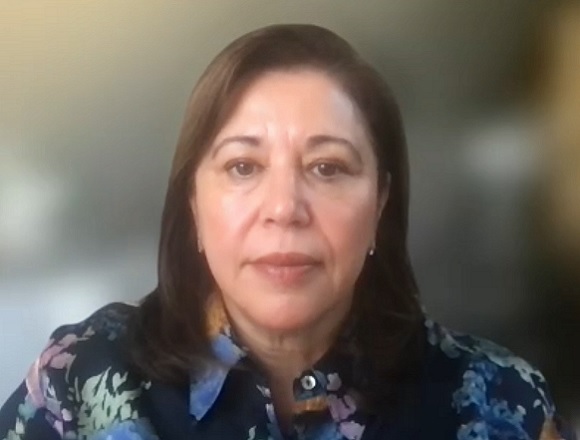Paul Moayyedi, MB, is a gastroenterologist and professor of medicine at McMaster University. He has served as director of the Division of Gastroenterology and president of the Canadian Association of Gastroenterology. He conducted large randomized controlled trials and observational studies in the areas of gastroesophageal reflux disease, Barrett esophagus, Helicobacter pylori, functional gastrointestinal disease, and inflammatory bowel diseases.
How to manage patients without signs or symptoms of gastroesophageal reflux disease (GERD) and with diagnosed Barret esophagus (without dysplasia)? Should proton pump inhibitors (PPIs) be used long term? At what dose?
Paul Moayyedi, MB: Barrett esophagus is probably the most serious complication of reflux disease, where there is metaplasia at the [lower tip of] esophagus to a columnar type of mucosa with intestinal metaplasia within it, and it is a precancerous condition. So, people with Barrett esophagus have a ~20-fold increased risk of developing esophageal adenocarcinoma. Actually, that sounds very alarming, but this translates to an absolute risk of ~0.2% per year. To an individual, it’s not that much of a risk but overall, in a lifetime, this could be significant for them.
I was involved in a randomized trial evaluating giving a PPI twice daily to patients with Barrett esophagus versus once daily at a lower dose. This was led by Janusz Jankowski in about 2500 patients with Barrett esophagus randomized, as I say, to 1 dose and 2 doses, and followed up for 10 years. What we found was that the higher-dose PPI group had less progression of their Barrett esophagus to dysplasia and cancer and actually had an overall increased survival. All-cause mortality was reduced very modestly in the high-dose PPI group. That was specifically in patients without symptoms. And most patients with Barret esophagus do have symptoms. But the feeling is that generally whether you have symptoms or not, the recommendation is to take a PPI, I would say, twice daily, for the rest of their lives to reduce the risk of neoplastic progression in Barrett esophagus.
 English
English
 Español
Español
 українська
українська






